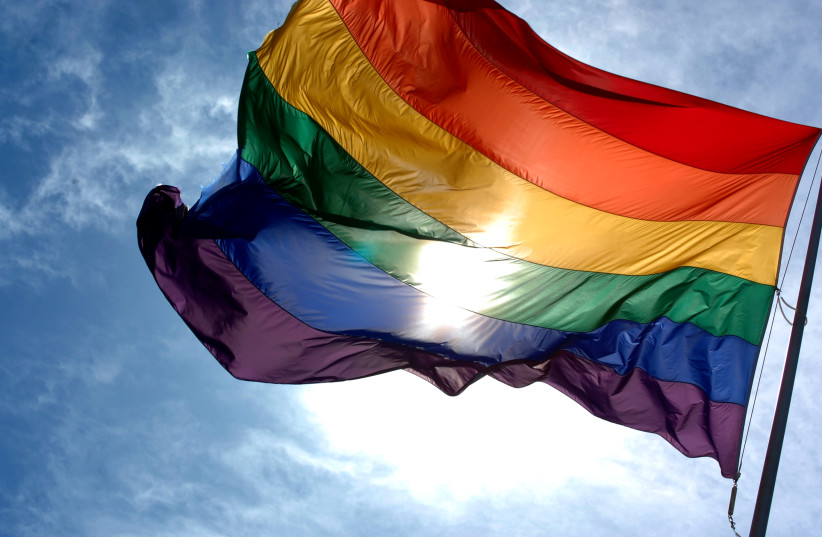Duolingo is being investigated in Russia for allegedly spreading LGBT propaganda, by including LGBTQ+ references in its practice material, according to various media reports published on Saturday.
Duolingo, the language learning app, is under the microscope of Roskomnadzor (RKN), Russia’s media watchdog. According to a report by Novaya Gazeta, they’re investigating allegations that Duolingo is spreading “LGBT propaganda”.
This investigation was triggered by a complaint from Radetel, a “human rights” group based in Novosibirsk, Russia.
According to the same report, Radetel, which claims to protect “public morality, culture, and traditional values”, argues that Duolingo isn’t suitable for children because it includes references to the LGBTQ+ community.
This is happening in the context of Russia’s strict anti-LGBTQ+ laws. Novaya Gazeta reported that they’ve banned gender-affirming procedures since 2023 and have been censoring “LGBTQ+ propaganda” since 2013.
Duolingo has publicly stated that it openly depicts LGBTQ+ in everyday settings
Duolingo, which offers lessons in over 40 languages to more than 60 million users worldwide, has openly acknowledged the inclusion of LGBTQ+ characters and stories in its lessons.

According to Pink News, the app aims to show “everyday depictions of LGBTQ+ life” in a way that’s normal and not sensationalized.
The results of the investigation are still unknown. Representatives of Duolingo are yet to comment on this development.
